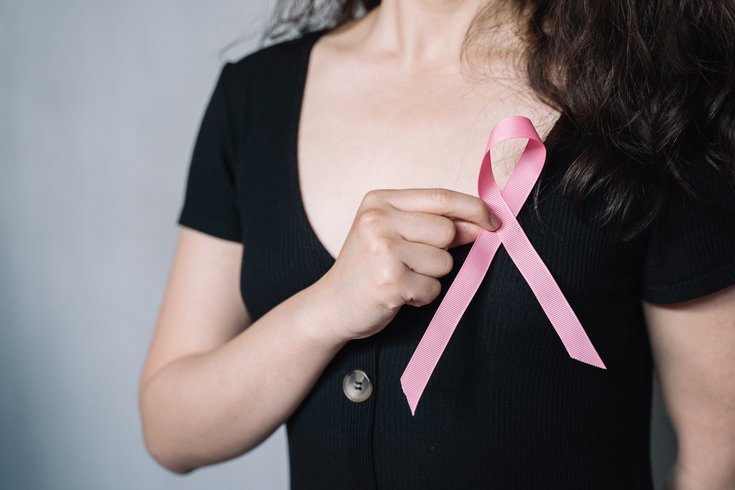
October 26, 2020
 Anna Tarazevich/Pexels
Anna Tarazevich/Pexels
More than 15,000 American women under the age of 40 are diagnosed with breast cancer each year.
Drugmakers are often wary of including premenopausal women in their clinical trials for breast cancer hormonal treatments because they fear fluctuating hormones will skew efficacy and safety results.
But this leads to delays in getting the right treatment to younger women with hormone receptor-positive breast cancer, the U.S. Food and Drug Administration says. Each year, more than 15,000 American women under the age of 40 are diagnosed with breast cancer.
The FDA has drafted new guidance, published earlier this month, that calls for pharmaceutical companies to include younger women in breast cancer treatment trials.
"The inclusion of premenopausal women in breast cancer oncology product development programs will result in more complete clinical information to inform clinical decision making and bring safe and effective therapies in a timely manner to this patient population," the guidance states.
Hormone-receptor positive breast cancer means that the cancer cells have estrogen or progesterone receptors. When the hormones attach to these receptors, it spurs the growth of the cancer.
About two-thirds of breast cancers have at least one of these receptors, according to the American Cancer Society. Hormone therapies are used to slow down the growth of this type of cancer.
Medical literature shows that as long as the younger women take adequate estrogen-suppressing drugs they will have the same efficacy and safety profile as postmenopausal women, according to the FDA.
The new guidance says both premenopausal women with adequate estrogen suppression and postmenopausal women should be equally eligible for these trials. The trials may need to stratify randomization by menopausal status if there are any efficacy or safety concerns.
The guidance doesn't address issues of fertility and fertility preservation in premenopausal women with breast cancer. Reproductive toxicity studies may be necessary for any treatment that is indicated for premenopausal women.